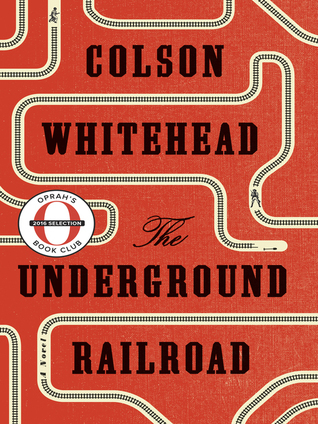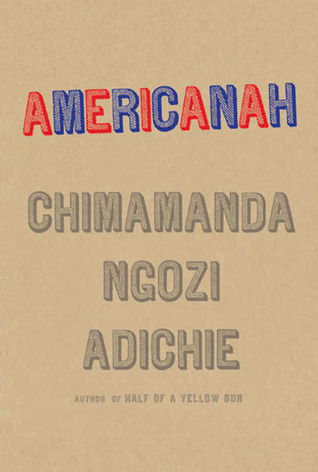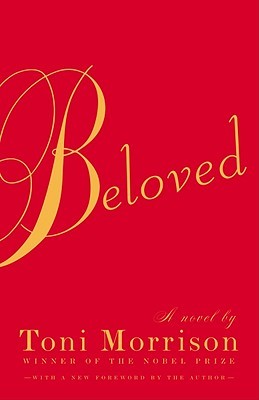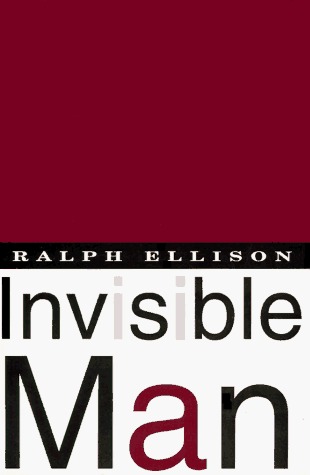February is Black History Month in the United States. It’s the month when everybody hauls out their Martin Luther King memes, goes to see “Selma”, and tells themselves, See? I’m not racist. Much like Women’s History Month, it feels like slapping a band aid on a wound that won’t stop bleeding. But if awareness is the first step to getting ourselves out of this cultural morass, of evolving as a society, there’s a whole world of written works to lead the way.
 Last week I went to a book talk given by Colson Whitehead. He wrote the award-winning fiction work The Underground Railroad. The opening to the talk was an homage to Black History Month. An eleven-year-old girl sang “Glory” while historic pictures of the civil rights movement in the Twin Cities showed on a screen. It wrung me out. I had to discretely wipe away tears and do my old-lady-digging-in-her-bag-for-a-tissue bit.
Last week I went to a book talk given by Colson Whitehead. He wrote the award-winning fiction work The Underground Railroad. The opening to the talk was an homage to Black History Month. An eleven-year-old girl sang “Glory” while historic pictures of the civil rights movement in the Twin Cities showed on a screen. It wrung me out. I had to discretely wipe away tears and do my old-lady-digging-in-her-bag-for-a-tissue bit.
 Much of what we believe and who we associate with is grounded in childhood experiences. I was a white kid from a poor midwestern family, where alcoholism and domestic violence were defining characteristics. I knew three people of color from ages 0-17 and my family had a branch of the racist variety. I heard a lot of slurs and “jokes” growing up. I didn’t understand most of them. I saw the “Roots” mini-series when I was ten, which was pointlessly jarring without mature context and I read Harper Lee’s To Kill a Mockingbird twelve hundred times. But I had not yet entered the world.
Much of what we believe and who we associate with is grounded in childhood experiences. I was a white kid from a poor midwestern family, where alcoholism and domestic violence were defining characteristics. I knew three people of color from ages 0-17 and my family had a branch of the racist variety. I heard a lot of slurs and “jokes” growing up. I didn’t understand most of them. I saw the “Roots” mini-series when I was ten, which was pointlessly jarring without mature context and I read Harper Lee’s To Kill a Mockingbird twelve hundred times. But I had not yet entered the world.
I would not have you descend into your own dream. I would have you be a conscious citizen of this terrible and beautiful world.
Ta-Nehisi Coates, Between the World and Me
When I joined the Army and went abroad, that changed. When I went to college, that changed. And when I moved to my working class suburb in the Twin Cities where my daughter attends school as a white minority, that changed. I went from not understanding, to the academic “I’m colorblind” stage, to a recognition of the world as it is. Because I am white, I will never be privy to a complete understanding of the issues at hand. Empathy can only carry one so far. But it doesn’t mean one shouldn’t try.
 I just finished reading A Good Time for the Truth: Race in Minnesota, a collection of essays edited by Sun Yung Shin. As a writer, I can often miss the message due to the medium. It’s an uneven collection and oversold itself with a quote on the cover that suggested it would be life-changing. That would be the case only if you’d never read anything about racial injustice and didn’t watch the news for the last decade. Still, there were several solid essays that made it worth the read.
I just finished reading A Good Time for the Truth: Race in Minnesota, a collection of essays edited by Sun Yung Shin. As a writer, I can often miss the message due to the medium. It’s an uneven collection and oversold itself with a quote on the cover that suggested it would be life-changing. That would be the case only if you’d never read anything about racial injustice and didn’t watch the news for the last decade. Still, there were several solid essays that made it worth the read.
American racism has many moving parts, and has had enough centuries in which to evolve an impressive camouflage. It can hoard its malice in great stillness for a long time, all the while pretending to look the other way. Like misogyny, it is atmospheric. You don’t see it at first. But understanding comes.
Teju Cole, Known and Strange Things
 I just finished reading Americanah by Chimamanda Ngozi Adichie and it is a reminder that sometimes fiction finds the truth more accurately than facts. It’s a dense, wonderful book that I didn’t want to put down. The story explores the issues of race through the experience of Nigerian immigrants to England and to the United States, places in which no matter where a person is from, they become “black”.
I just finished reading Americanah by Chimamanda Ngozi Adichie and it is a reminder that sometimes fiction finds the truth more accurately than facts. It’s a dense, wonderful book that I didn’t want to put down. The story explores the issues of race through the experience of Nigerian immigrants to England and to the United States, places in which no matter where a person is from, they become “black”.
The first time the history of slavery hit me in the solar plexus was after  reading Toni Morrison’s Beloved. When I finished reading it, I sat stone still for an hour, book pressed to my heart, awed and overwhelmed. Colson Whitehead, a delightful speaker as well as a gifted writer, made me laugh. He had a similar authorial thought to mine when reading Morrison’s work. I’m totally screwed. He managed to do just fine, though. The Underground Railroad was a merciless read and an artistic masterpiece.
reading Toni Morrison’s Beloved. When I finished reading it, I sat stone still for an hour, book pressed to my heart, awed and overwhelmed. Colson Whitehead, a delightful speaker as well as a gifted writer, made me laugh. He had a similar authorial thought to mine when reading Morrison’s work. I’m totally screwed. He managed to do just fine, though. The Underground Railroad was a merciless read and an artistic masterpiece.
 Reading outside one’s experience often has the surprising effect of connection, not just understanding. Our basic humanity is one and the same. That a white woman could identify with the main character in Ralph Ellison’s Invisible Man is not as odd as it sounds. We all choose to see (or not see) people the way we do and ofttimes, it is not as the complex human being they are – it’s the great sin of stereotyping, so that we do not have to expend our energy being curious.
Reading outside one’s experience often has the surprising effect of connection, not just understanding. Our basic humanity is one and the same. That a white woman could identify with the main character in Ralph Ellison’s Invisible Man is not as odd as it sounds. We all choose to see (or not see) people the way we do and ofttimes, it is not as the complex human being they are – it’s the great sin of stereotyping, so that we do not have to expend our energy being curious.
When Chimamanda Adichie talks about the danger of the single story, she reminds us how easy it is to rob others of their dignity through a single narrative thread. And how important it is that we restore it. It starts with the silent turning of a page, of willing ourselves to read outside our metaphorical and literal borders.
Additional Nonfiction Reading:
- The New Jim Crow: Mass Incarceration in the Age of Colorblindness by Michelle Alexander
- Men We Reaped by Jesmyn Ward
- The Slave Ship: A Human History by Marcus Rediker
- Assata: An Autobiography by Assata Shakur
- The Warmth of Other Suns: The Epic Story of America’s Great Migration by Isabel Wilkerson
- The Grey Album: Music, Shadows, Lies by Kevin Young
- The Half has Never Been Told: Slavery and the Making of American Capitalism by Edward E. Baptist

Share Your Thoughts